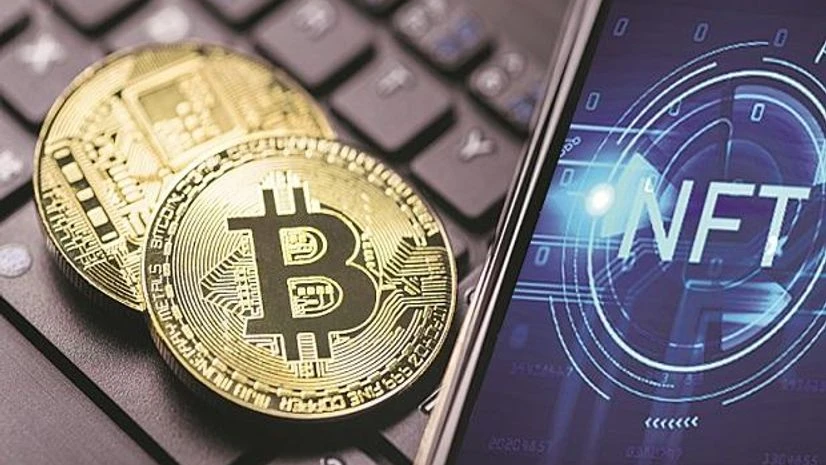Under India's G20 presidency, one of the priorities is to develop a framework for global regulation, including the possibility of prohibition of unbacked crypto assets, stablecoins and DeFi (Decentralised Finance), the Reserve Bank of India (RBI) has stressed.
In its latest Financial Stability Report (FSB), the central bank said that crypto assets are highly volatile.
"The collapse and bankruptcy of the crypto exchange FTX and subsequent sell-off in the crypto assets market have highlighted the inherent vulnerabilities in the crypto ecosystem," according to the report.
Recently, Binance, the largest crypto exchange has also prohibited withdrawals of stablecoins on its platform. The implosion of FTX was preceded by failure of TerraUSD/Luna, an algorithmic stablecoin, a run on Celsius, a crypto lender, and bankruptcy of Three Arrows Capital, a cryptocurrency hedge fund.
The report's recommendations seek to promote international consistency on regulatory and supervisory approaches, which are grounded in the principle of "same activity, same risk, same regulation" approach.
Also Read
"The framework proposes that authorities should have appropriate powers, tools and resources to regulate, supervise, and oversee crypto assets activities and markets, both domestically and internationally, proportionate to the financial stability risk they pose," the RBI report mentioned.
In addition, crypto assets also exhibit high correlations with equities.
"Furthermore, contrary to claims that they are an alternative source of value due to inflation hedging benefits, crypto assets value has fallen even as inflation rose," said the RBI report.
Although crypto assets market remains volatile, there have not yet been any spillovers onto the stability of the formal financial system.
"To address potential future financial stability risks and to protect consumers and investors, it is important to arrive at a common approach to crypto assets," said the Central Bank.
Last week, the RBI Governor Shaktikanta Das said that the next financial crisis will come from crypto collapse if private digital coins are allowed to grow.
Addressing a group of banking sector leaders and lawmakers, Das emphasised that cryptocurrencies have no "underlying value" and pose great risks for global macroeconomic and financial stability.
"After the development of the last one year, including the latest episode surrounding FTX, I don't think we need to say anything more," Das said.
"Crypto or private cryptocurrency is a fashionable way of describing what is otherwise a 100 per cent speculative activity," he added.
The RBI last month kick-started a pilot project to launch its own digital rupee in the wholesale segment and subsequently plans to roll out another one in the retail segment within a month, with an aim to enhance financial inclusion and move towards a less cash economy with its central bank digital currency (CBDC).
The CBDCs can boost innovation in cross-border payments, making these transactions instantaneous and help overcome key challenges relating to time zone, exchange rate differences as well as legal and regulatory requirements across jurisdictions.
Meanwhile, the government's bill that seeks to prohibit all private cryptocurrencies in India is yet to be tabled in the Parliament.
--IANS
na/pgh
(Only the headline and picture of this report may have been reworked by the Business Standard staff; the rest of the content is auto-generated from a syndicated feed.)

)
